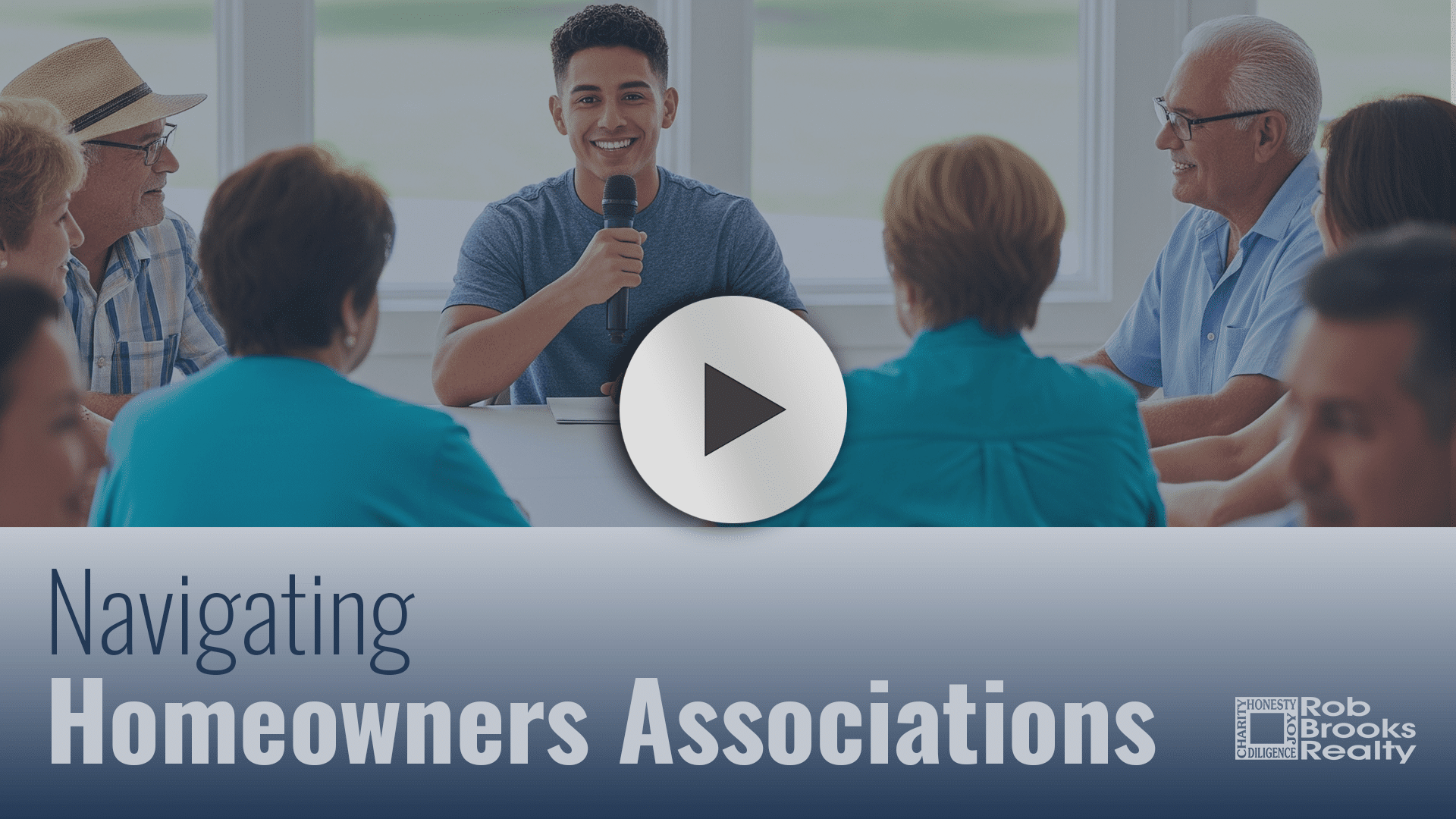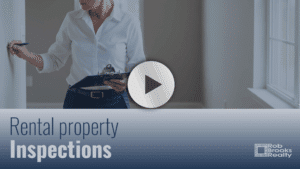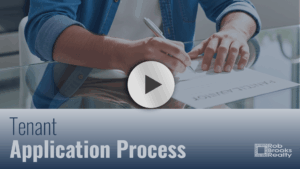Navigating HOAs in Property Management
The team explains our approach to managing properties within Homeowners Associations (HOAs). They detail the process of establishing relationships with HOA management companies, obtaining all necessary documents, and ensuring tenants are fully aware of and comply with HOA rules. Rob Brooks Realty Property Management acts as a liaison to prevent violations and fines for owners, and we have a specific lease addendum and tenant portal to ensure all parties understand their responsibilities.
Transcript
Hello, I'm Michael Gregg with Rob Brooks Realty Property Management, and today I'm here with property managers Angela Stubbins and Danielle White. We're going to talk about Homeowners Associations, or HOAs for short.
Angela, can you start us off? What are some of the elements of working in property management, and how do we coordinate with homeowners associations?
The first step is when we're taking a new property on: setting up that relationship with the HOA management companies. We reach out to them, notifying them that we're taking the property on, and then obtaining all of their documents that we'll have to pass on to the tenants. We make sure that we have all that information in place, that we know how the HOA operates, what their needs are, and how we can best be that liaison between the owner, the property, the tenant, and the HOA. We just make sure that we have that relationship built first, and that they know we're taking the property in. We're working with them every step of the way, making sure that everything's in place for documents and systems, and then proceeding with that.
As the tenants come in, a lot of HOAs have different rules and regulations. Danielle can speak towards that. Some of them want to know every time we have a new tenant come in—who it is, what their vehicles are—and some don't. It all depends on the HOA and what their needs are. But it's ultimately just to make sure that we are acting on the owner's behalf in the best way possible between the HOA, the property, and the tenants, so that there aren't any HOA violations, notices, and/or fines to the owner ultimately.
Danielle, can you tell us a little bit about what HOAs require on the property management side of things? For example, do we have to notify all homeowners associations that a new tenant is in the property?
I typically will, but we keep copies of the bylaws. We have so many different ones we work with, but most of them want to have an idea of what tenant is in the property. They like to know vehicles, as Angela said, just so they know which people should be coming and going within the neighborhood. Security is also a factor, as a lot of them are gated communities, so it's about who they're giving the gate code to, and we can make sure that it's going to the tenant as a streamlined process, as well as having it for our vendors that are going to be at the properties. So, yes, there are a lot of elements involved in HOAs. Different homeowners associations require different things depending on the subdivision that you live in. Some of them, you have to go as far as submitting an architectural review application just to change the front porch light; others are a little more relaxed, and there are things in between. Yes, lots of things in between.
I think an important piece of this for Rob Brooks Realty, and what we offer the owners, is that peace of mind for what we do for services. We've done that specifically for HOAs and the tenants in the laws and liabilities by having an addendum drafted that talks about this language. This addendum holds the tenants responsible to the letter of the law that they're going to follow these HOA rules and bylaws, and any guests or whatnot. So that it takes any of those questions away from the tenant, Lord forbid if there ever was an issue that we had to deal with. We make sure that it's done, and it's done right from the beginning, and we have that addendum working with our attorneys to make sure we've got that right language in there.
The addendum is included in the lease upfront, and I always make sure that they understand that the bylaws. We have them in their tenant portal so they can always access it and go back and review any of that as well, especially when it comes to things like lawn maintenance, or where vehicles can or can't be parked, or trash cans if they can or can't be in view. We take the time to educate the tenants what the HOA requirements are, and we have those HOA rules inside of the residence center so they always have that information available to them on their own resident's website.
I think that pretty much covers it. Thank you so much for joining us, and have a great day.
Start a conversation with our team
Let us help you think through the best strategy for your property. Get in contact with our property management team today.




